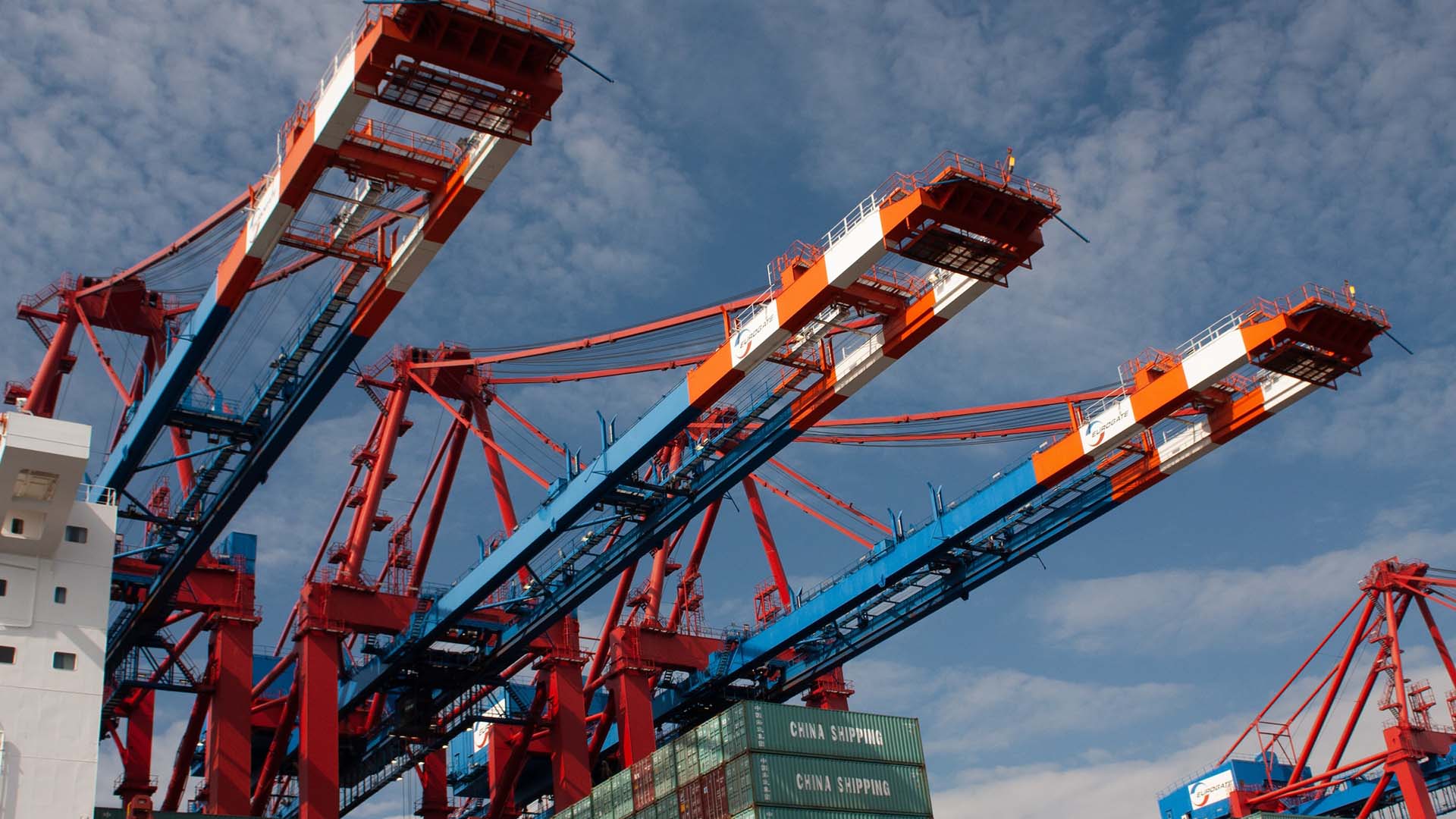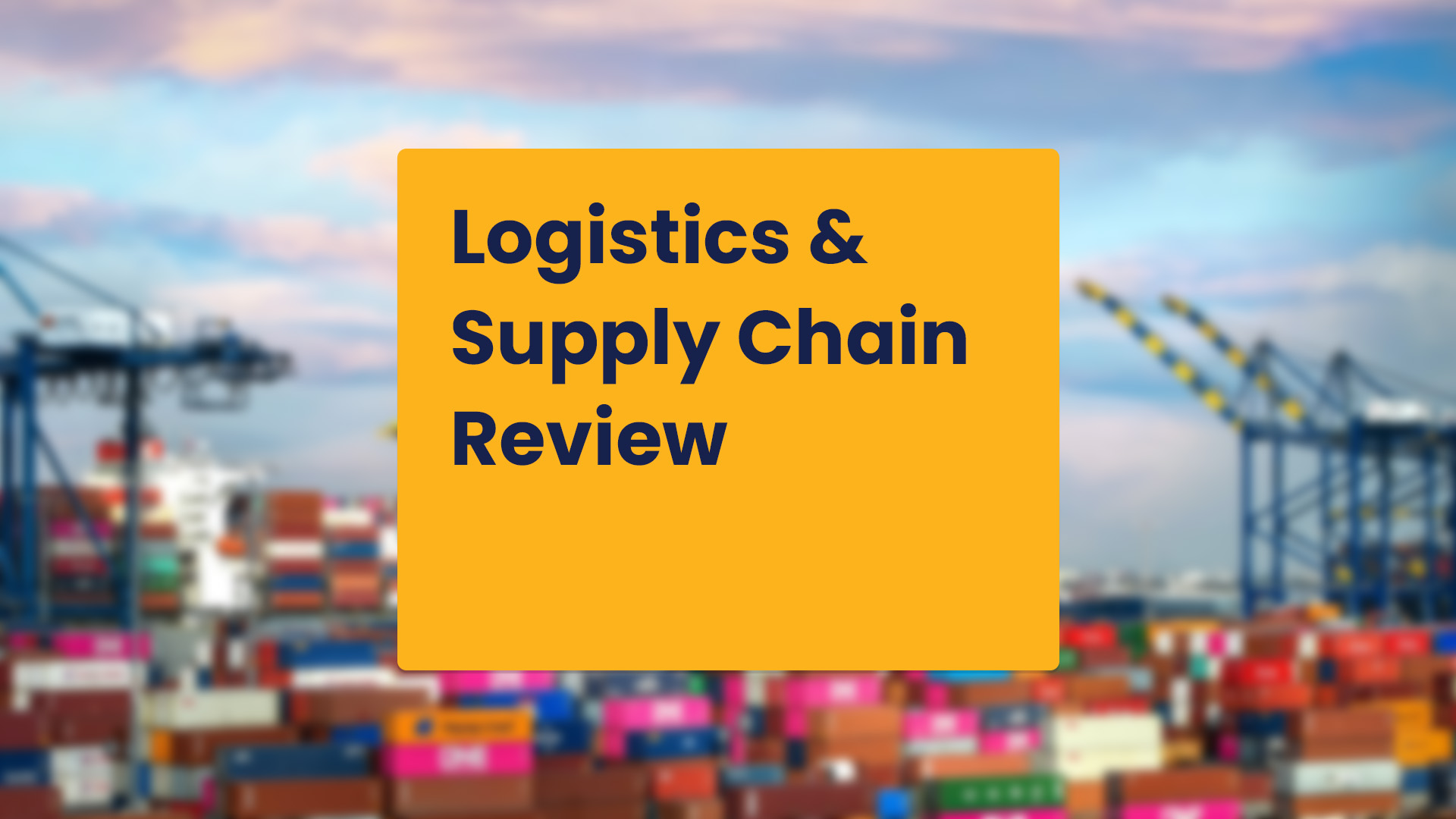Every week, Rinchem shares important articles and topics about chemical and gas logistics, industries we operate in, and the general global supply chain. In this week's update we discuss Europe's place in the semiconductor manufacturing industry, North Carolina's boom in biotech, and new port fees.
Keep reading to see this week's hot topics.
This week's stats

Intel’s Retreat Shifts Europe Semiconductor Reality
Intel’s decision to cancel its planned €30 billion megafab in Magdeburg, Germany, and a ~$4.6 billion assembly/test plant in Poland marks a major setback for Europe’s ambition to become a leading player in advanced semiconductor manufacturing. While European governments had pledged huge subsidies (e.g. ~€9.9 billion from Germany and ~€1.7 billion from Poland), Intel cited poor customer commitments and undue risk, leading to the retreat. The withdrawal underscores the fragility of relying on foreign giants and forces Europe to recalibrate its semiconductor strategy, focusing instead on more mature nodes and strengthening local capacity via ventures like ESMC in Dresden and expansions by GlobalFoundries. The article argues that Europe should aim not simply to chase cutting-edge nanometers, but to prioritize disruptive architectures, lower entry barriers for smaller players, and sovereign production for critical sectors. The goal to double Europe’s share of global chip production by 2030 remains ambitious but still alive, conditional on smarter policy moves.

How North Carolina built manufacturing boomtowns for biotech
North Carolina has transformed into a biotech manufacturing hub, attracting major investment from companies like Genentech, Amgen, and FUJIFILM, which are building new factories and infrastructure in the region. These developments signal a shift as parts of the U.S. biotech industry face decline elsewhere, but North Carolina is capitalizing on favorable policy, available talent, and infrastructure momentum to become a “boomtown” for bio-manufacturing. The state’s success is reshaping the geography of biotech production and offering a model for how regional clusters can emerge through coordinated public and private effort.

U.S. supply chain faces another tariff headwind ahead of new port fees
The U.S.-China trade conflict is intensifying as the U.S. prepares to impose new port fees on Chinese-built or flagged vessels—part of a broader strategy to reclaim maritime leverage—while China is retaliating with its own charges on U.S.-linked ships. The looming tariffs and reciprocal fees threaten to inject fresh disruption into global supply chains already strained by capacity constraints and shifting trade routes. Importers and port operators are bracing for increased costs, delays, and uncertainty as the two nations escalate pressure, potentially reshaping freight flows and shipping economics in the months ahead.
Get more articles like this in your inbox
Sign up for our monthly newsletter
Find more articles


